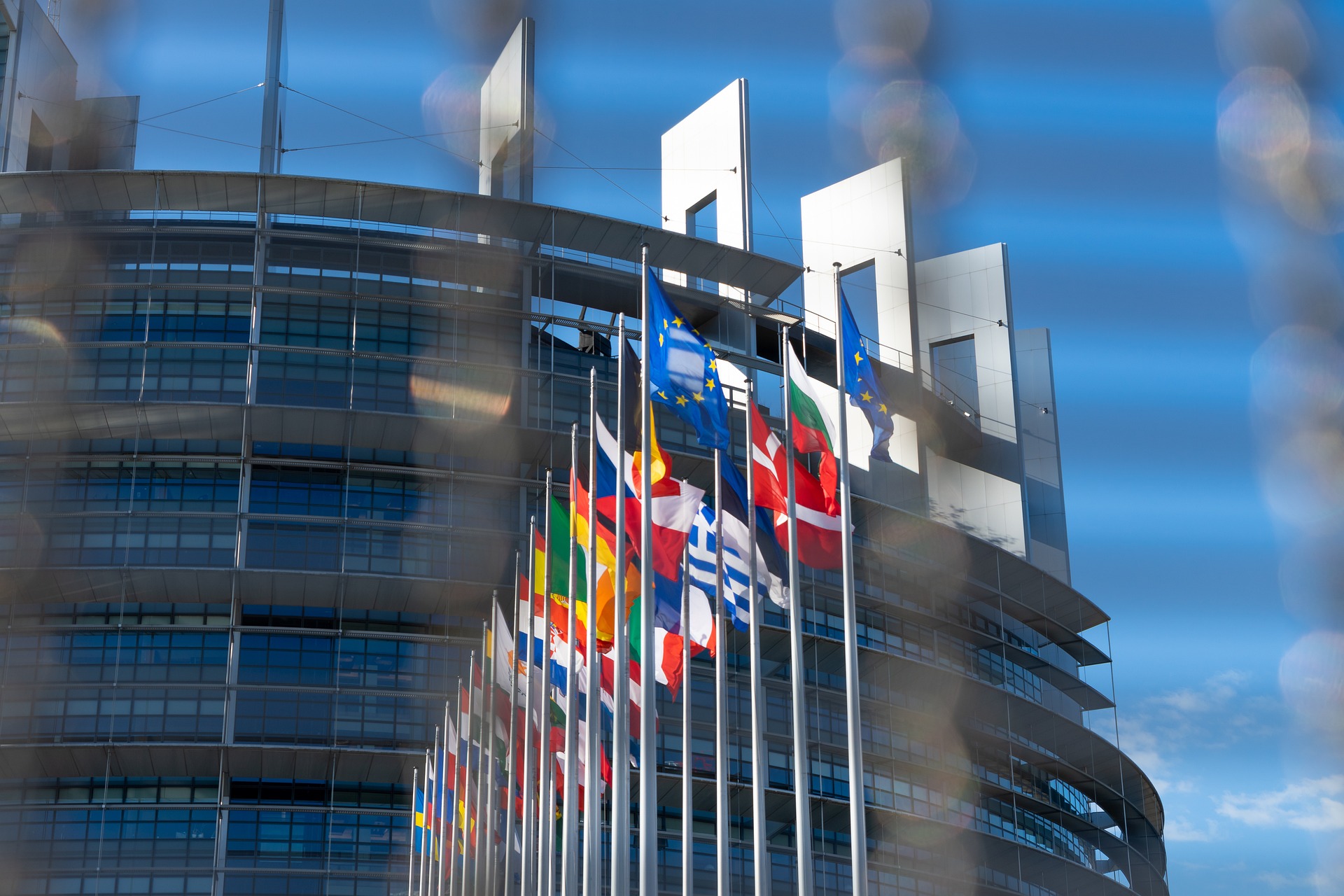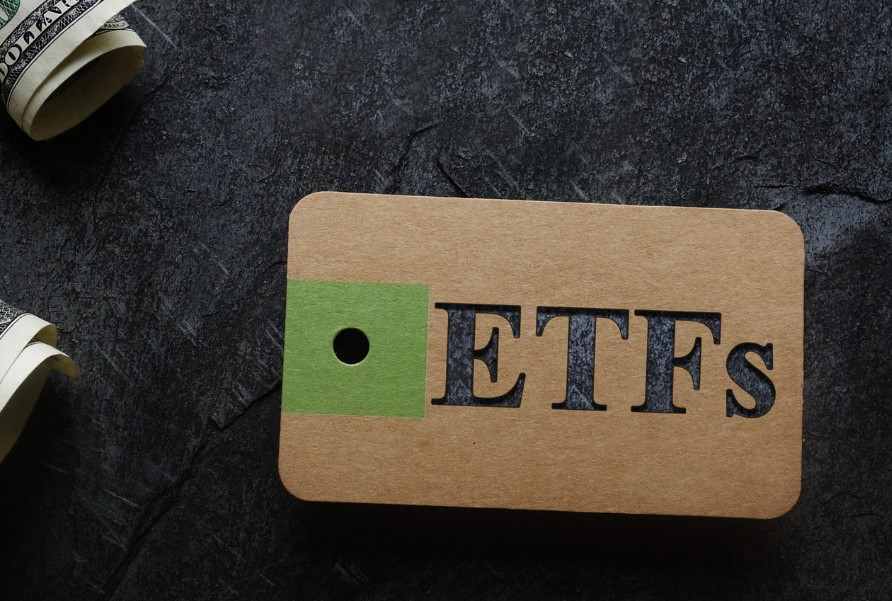The new European Union regulatory package against money laundering and the financing of terrorism was published on June 19, following its approval by the European Council. The intention, according to the legislators, is to homogenize the current regulations on the prevention of money laundering and the financing of terrorism (PMLFT) across the Union.
Thus, as explained by experts from finReg360, the rules of the game for entities subject to this regulation are now equalized, with the aim of eliminating differences in the applicable regime among Member States and ensuring homogeneous supervision throughout the Union. “The published package contains relevant modifications and new rules of conduct, with which entities must familiarize themselves in order to comply with the new regulations within the adaptation schedule,” they note.
According to their analysts, the package includes various regulations. For example, the regulation that creates the new Authority for Combating Money Laundering and the Financing of Terrorism (AML Authority or AMLA), with regulatory powers, will directly supervise financial entities with the highest level of money laundering and terrorism financing risk and will hold indirect supervision over the rest, and will be able to impose sanctions and penalties.
Additionally, the regulation that consolidates and unifies the PMLFT rules, now known as the “single regulation”. This regulation revises the categories of obligated entities, introducing some new ones such as crowdfunding service providers, intermediaries of these services, and football agents and clubs, among others.
As explained by finReg360, the directive on mechanisms for combating money laundering and the financing of terrorism, which amends Directive (EU) 2019/1937 and repeals Directive (EU) 2015/849. The new directive is known as the “Sixth Directive“.
“The directive on the access of competent authorities to centralized bank account registers and the technical measures aimed at facilitating the use of transaction registers. Also part of the new regulatory framework is the regulation that consolidates the regulation on fund transfers, which seeks to make crypto-asset transfers more transparent and traceable (this text was already approved in May 2023 and is known as the Travel Rule),” they add.
Entry into Force and Application
Published in the Official Journal of the European Union, the new regulations come into force on July 9, 2024. The new European authority, which will be based in Frankfurt, will start operating in mid-2025. As recalled by finReg360, the single regulation will be applicable from July 10, 2027, except for agents and football clubs, to whom it will apply from July 10, 2029.
On the other hand, Member States must transpose the Sixth Directive by July 10, 2027, except for: Article 74, which must be transposed by July 10, 2025; Articles 11, 12, 13, and 15, by July 10, 2026; and Article 18, by July 10, 2029.



